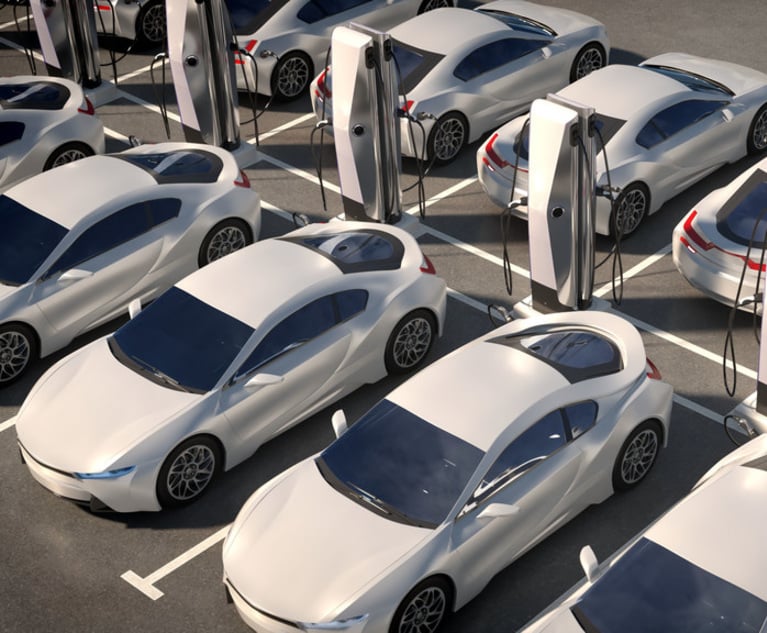Editor’s note: This is part two of a series on generative AI’s potential disruptions to talent management. The first part can be accessed here.
Since their introduction to the broader market, electric vehicles (EVs) have made quite an impression on automobile consumers in the developed world. As new manufacturers entered the market, incumbents clamored to create a competing product to capture their share of this new growth segment. However, auto dealers started noticing something troubling as more units were sold—EVs only need a fraction of the maintenance and service of gas-burning cars. This creates a big sinkhole in dealership profits as their service departments slowed down and began eroding revenues and profits. A McKinsey study estimated that EV service and maintenance is 40% less than their combustion engine counterparts. The lesson here is that while it’s important to respond to shifts in demand, doing so can have unforeseen consequences.
This content has been archived. It is available through our partners, LexisNexis® and Bloomberg Law.
To view this content, please continue to their sites.
Not a Lexis Subscriber?
Subscribe Now
Not a Bloomberg Law Subscriber?
Subscribe Now
LexisNexis® and Bloomberg Law are third party online distributors of the broad collection of current and archived versions of ALM's legal news publications. LexisNexis® and Bloomberg Law customers are able to access and use ALM's content, including content from the National Law Journal, The American Lawyer, Legaltech News, The New York Law Journal, and Corporate Counsel, as well as other sources of legal information.
For questions call 1-877-256-2472 or contact us at [email protected]


 Credit: unlimit3d/Adobe Stock
Credit: unlimit3d/Adobe Stock







